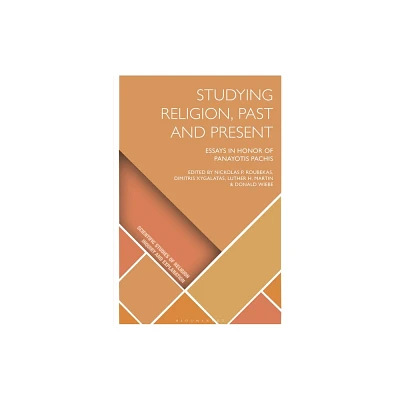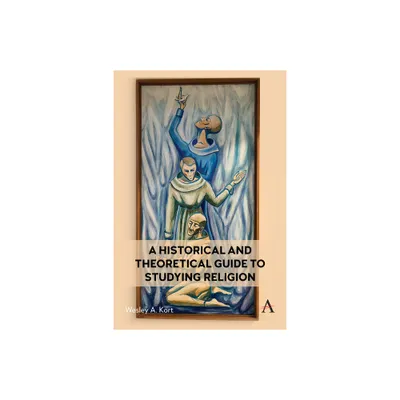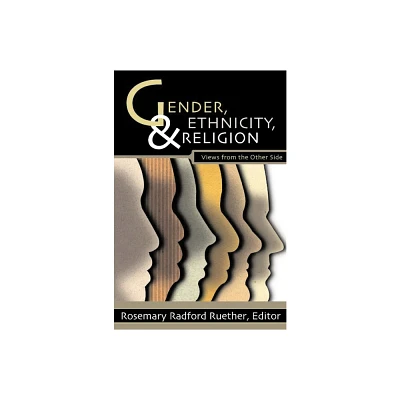Home
Unbridled: Studying Religion Performance
Loading Inventory...
Barnes and Noble
Unbridled: Studying Religion Performance
Current price: $95.00


Barnes and Noble
Unbridled: Studying Religion Performance
Current price: $95.00
Loading Inventory...
Size: Hardcover
*Product Information may vary - to confirm product availability, pricing, and additional information please contact Barnes and Noble
A study of religion through the lens of Peter Shaffer’s play
Equus
.
In
Unbridled
, William Robert uses
, Peter Shaffer’s enigmatic play about a boy passionately devoted to horses, to think differently about religion. For several years, Robert has used
to introduce students to the study of religion, provoking them to conceive of religion in unfamiliar, even uncomfortable ways. In
, he is inviting readers to do the same.
A play like
tangles together text, performance, practice, embodiment, and reception. Studying a play involves us in playing different roles, as ourselves and others, and those roles, as well as the imaginative work they require, are critical to the study of religion. By approaching
with the reader, turning the play around and upside-down,
transforms standard approaches to the study of religion, engaging with themes including ritual, sacrifice, worship, power, desire, violence, and sexuality, as well as thinkers including Judith Butler, Sigmund Freud, Karl Marx, Friedrich Nietzsche, and Jonathan Z. Smith. As
shows, the way themes and theories play out in
challenges us to reimagine the study of religion through open questions, contrasting perspectives, and alternative modes of interpretation and appreciation.
Equus
.
In
Unbridled
, William Robert uses
, Peter Shaffer’s enigmatic play about a boy passionately devoted to horses, to think differently about religion. For several years, Robert has used
to introduce students to the study of religion, provoking them to conceive of religion in unfamiliar, even uncomfortable ways. In
, he is inviting readers to do the same.
A play like
tangles together text, performance, practice, embodiment, and reception. Studying a play involves us in playing different roles, as ourselves and others, and those roles, as well as the imaginative work they require, are critical to the study of religion. By approaching
with the reader, turning the play around and upside-down,
transforms standard approaches to the study of religion, engaging with themes including ritual, sacrifice, worship, power, desire, violence, and sexuality, as well as thinkers including Judith Butler, Sigmund Freud, Karl Marx, Friedrich Nietzsche, and Jonathan Z. Smith. As
shows, the way themes and theories play out in
challenges us to reimagine the study of religion through open questions, contrasting perspectives, and alternative modes of interpretation and appreciation.

















